Repositioning competitive capabilities
Mr. Neil MacGregor - General Director of Savills Vietnam - said that Resolution 68-NQ/TW of the Politburo on private economic development is assessed to create many new development motivations for the private economy. Especially ensuring benefits and reducing risks for businesses in business.
In the context of many fluctuations in the world economy , Resolution 68 is considered by the business community as a practical and timely policy framework, helping to promote the private economic sector - the main growth engine of the Vietnamese economy. In particular, for the fields related to industrial real estate and logistics, this resolution brings a positive signal, opening up new expectations for investors as well as businesses operating in Vietnam.
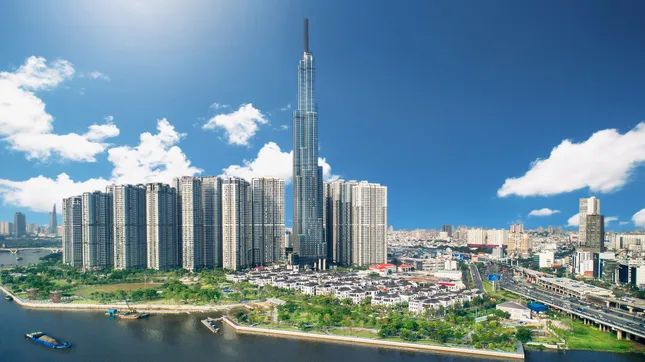 |
Resolution 68 is considered by the business community to be a practical and timely policy framework, helping to promote the private economic sector. |
“The majority of customers in the industry today come from the private sector, from industrial park investors to manufacturers and service providers. Therefore, proactively supporting, reducing barriers and creating more favorable conditions in terms of procedures, land and infrastructure is considered an important step to increase national competitiveness in attracting production capital flows,” said Mr. Neil MacGregor.
Amid fierce competition in the region for strategic investments, improving access to land, shortening the time to process investment procedures, and developing a synchronous infrastructure system from transportation, electricity to seaports and border gates are considered prerequisites. These are also factors that help Vietnam stand out in the eyes of global investors, who are looking for a stable destination with a long-term vision and clear policy support from the Government .
Vietnam is sending a consistent message. The government is willing to work with the private sector and international investors, not just now but also in the long term. This creates a distinct competitive advantage compared to many countries in the region.
“With the foundation of the revised Land Law, large-scale infrastructure investment programs and especially Resolution 68-NQ/TW, Vietnam is shaping a new, transparent, stable and sustainable development-oriented investment environment. This is not only a signal for capital flows, but also a guarantee for strategic investment decisions in the future,” Mr. Neil MacGregor affirmed.
Strategic move
Similarly, Mr. Thomas Rooney, Deputy Director of Savills Hanoi Industrial Services Department, said that the issuance of Resolution 68-NQ/TW marked a strategic step that clearly demonstrated Vietnam's determination to reposition its role in the global supply chain.
“Instead of just being a manufacturing destination based on low-cost advantages, Vietnam is moving towards an industrial development model based on quality, high technology and sustainability, which has been a big challenge for many localities in the past,” said Mr. Thomas Rooney.
This resolution not only creates a strong impetus for investment capital flows into high-tech and green development sectors, but also promotes demand for modern industrial parks that possess smart infrastructure, meet environmental standards and have competitive advantages in logistics. Multi-functional industrial park models are becoming ideal models, ready to welcome the wave of global supply chain shifts.
A notable highlight of the Resolution is the goal of thoroughly resolving two major barriers, land barriers and delays in site clearance. These are factors that have lasted for many years, causing difficulties for investors in implementing projects on schedule, especially for multinational corporations that have strict risk assessment processes.
Mr. Thomas Rooney added that in the context of increasingly fierce competition with regional countries such as Indonesia, Malaysia and Thailand in attracting foreign direct investment, Vietnam is forced to act more decisively. Simplifying procedures, making processes transparent and building trust with investors will be the key to improving national competitiveness.
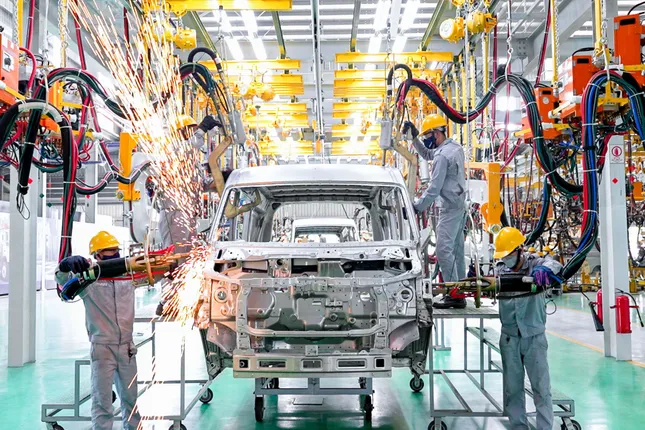 |
Resolution 68 is not only a consistent policy message, but can also become a strategic foundation to help Vietnam make a breakthrough in attracting international investment. |
In addition to policies, Vietnam also possesses important advantages such as the largest network of free trade agreements in the ASEAN region and a competitive labor force. However, to make the most of opportunities from high-tech investment flows, Mr. Thomas Rooney suggested that Vietnam needs to have three more strategic directions.
First, it is necessary to shift the focus from attracting investment by quantity to attracting investment in innovative fields such as high technology, green industry, industries that have the potential to create breakthroughs in value and help Vietnam shape a new role in the global supply chain.
Second, invest in infrastructure in satellite provinces to expand the capacity to receive new capital flows. The “satellite” provinces are emerging localities such as Ha Nam, Nam Dinh, Thai Binh. These are localities that are emerging as potential destinations for high-tech capital flows, and need to be planned and supported with appropriate infrastructure.
Finally, developing a future-ready workforce through education reform and strong investment in vocational training will ensure that foreign investment flows are not only sustainable, but also distributed in a balanced manner and truly contribute to long-term economic growth.
“If implemented effectively, Resolution 68 is not only a consistent policy message, but can also become a strategic foundation to help Vietnam make a breakthrough in attracting international investment, not only in high-value sectors but also in traditional industries, with a commitment to long-term investment and sustainable development,” said Mr. Thomas Rooney.
Source: https://tienphong.vn/thay-doi-quan-diem-viet-nam-chi-la-noi-san-xuat-chi-phi-thap-post1753321.tpo








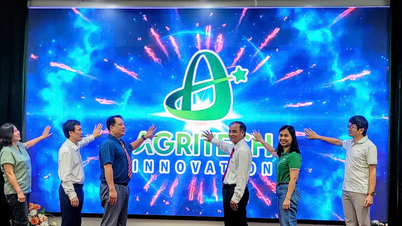



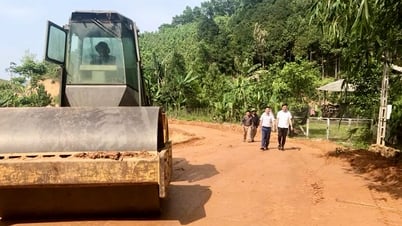

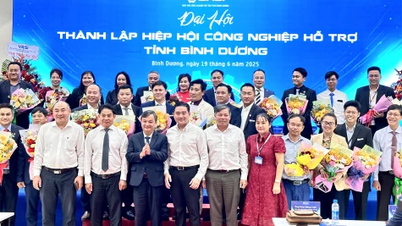

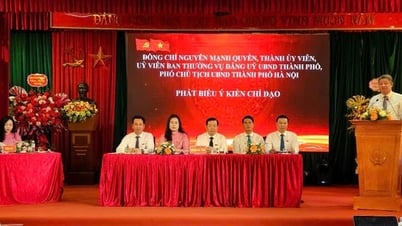



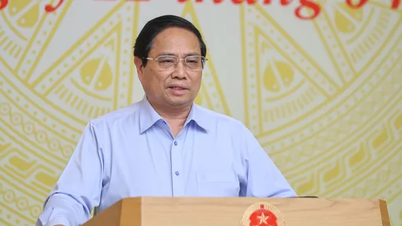
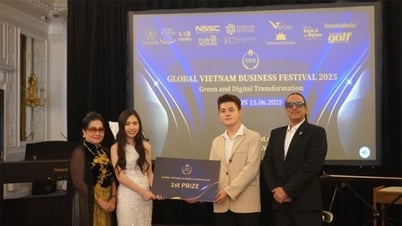


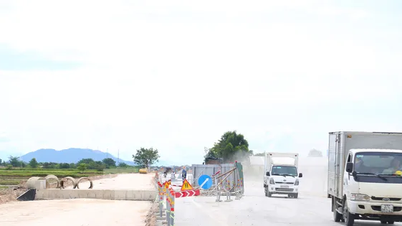
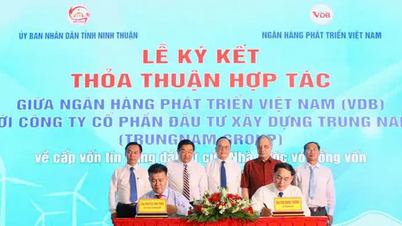




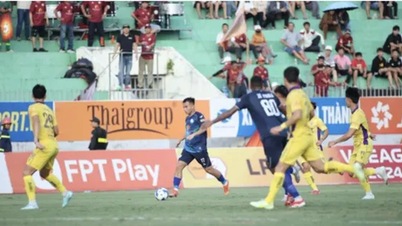

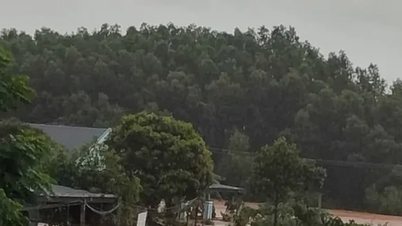


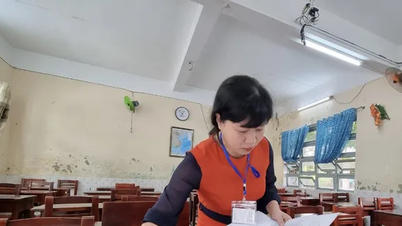


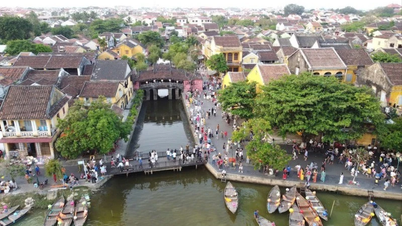



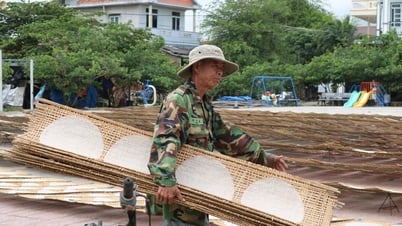





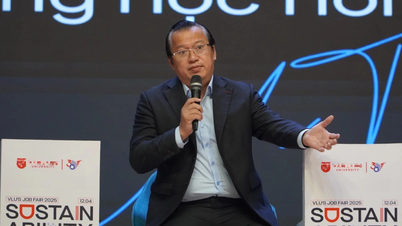












![[Maritime News] Wan Hai Lines invests $150 million to buy 48,000 containers](https://vphoto.vietnam.vn/thumb/402x226/vietnam/resource/IMAGE/2025/6/20/c945a62aff624b4bb5c25e67e9bcc1cb)





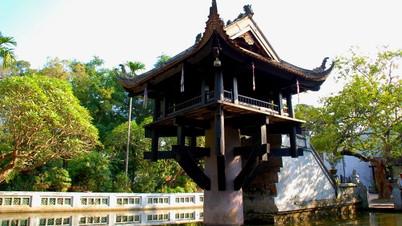

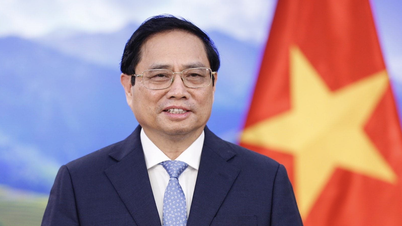



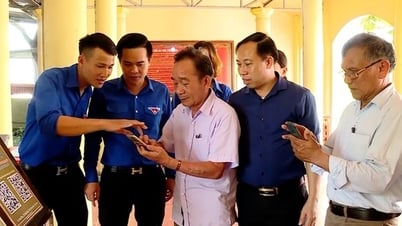
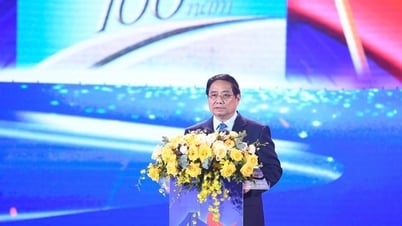

![[Infographic] Party Committee of the Ministry of Culture, Sports and Tourism: Marks of the 2020 - 2025 term](https://vphoto.vietnam.vn/thumb/402x226/vietnam/resource/IMAGE/2025/6/22/058c9f95a9a54fcab13153cddc34435e)
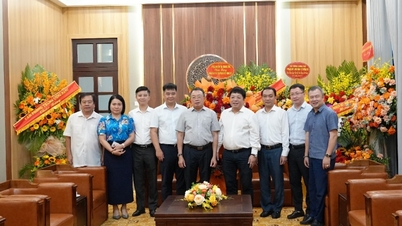

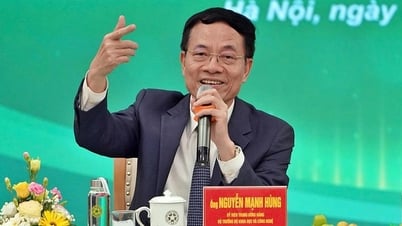
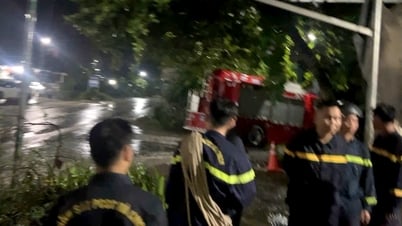

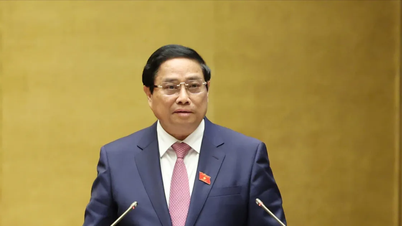


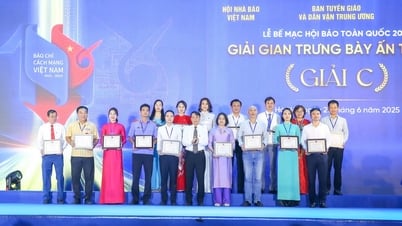

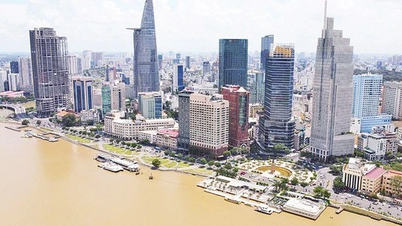









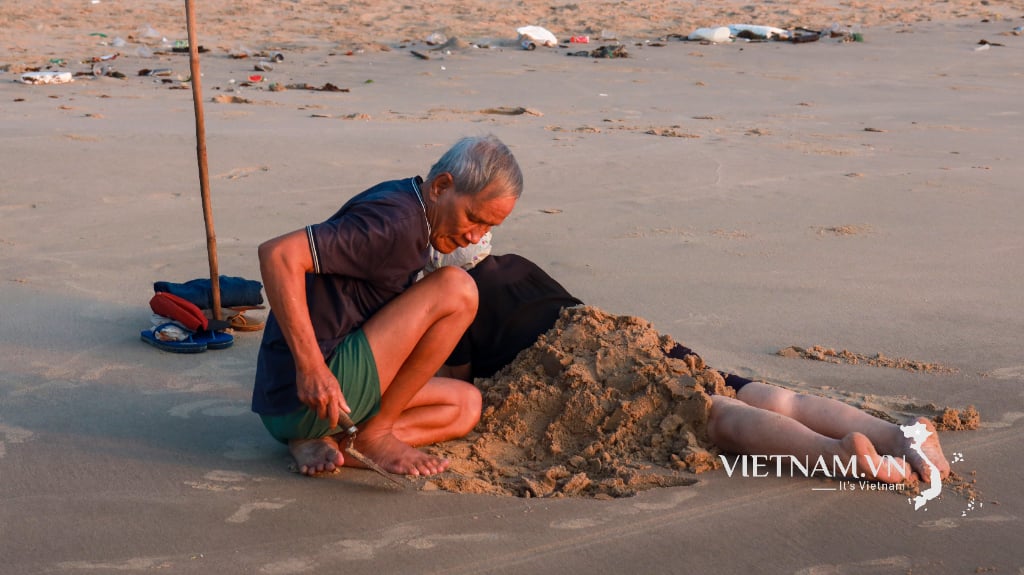
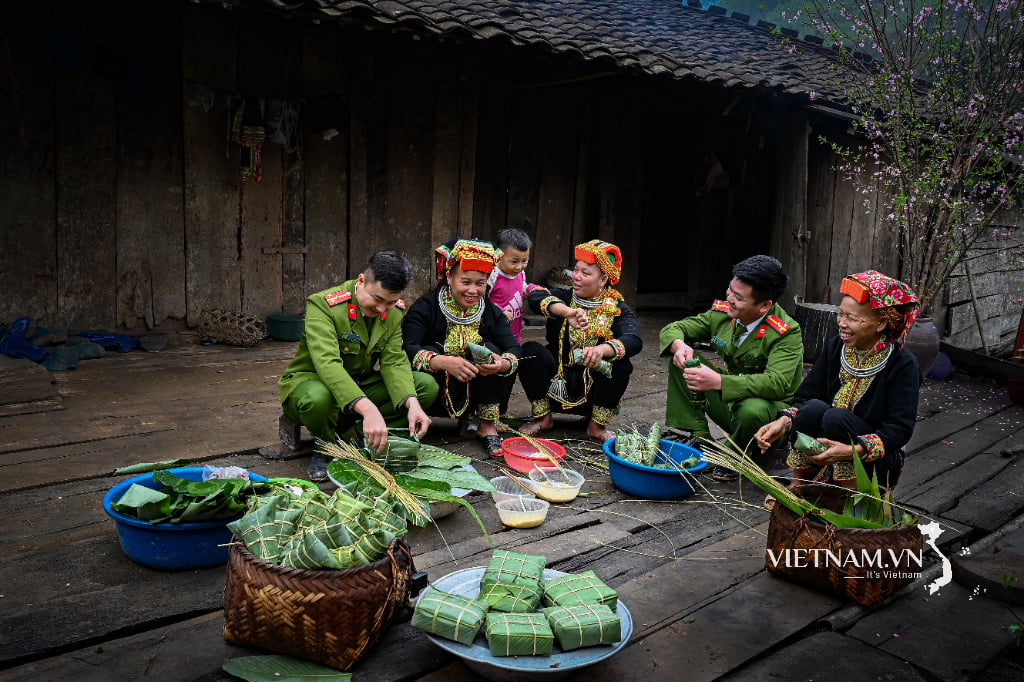
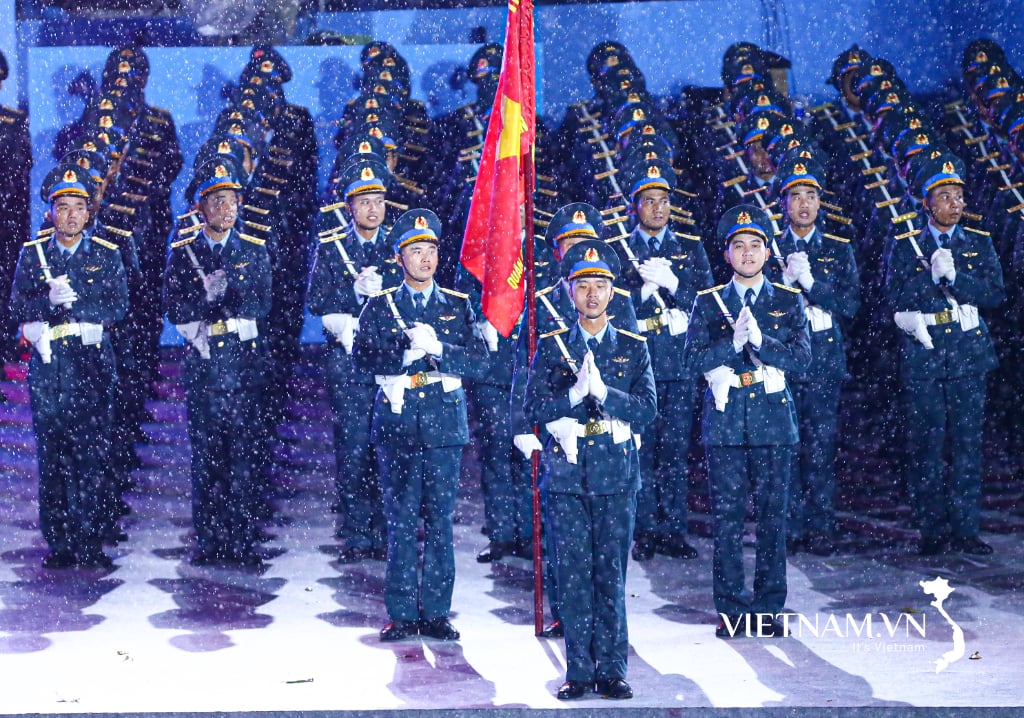

Comment (0)